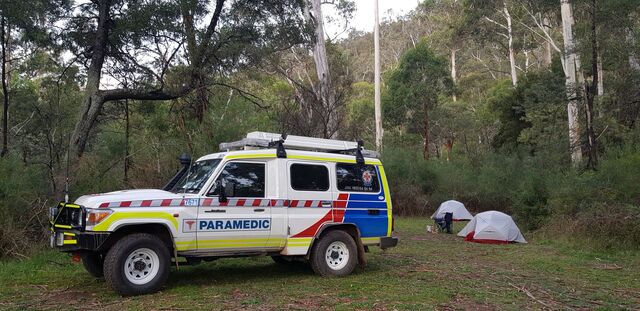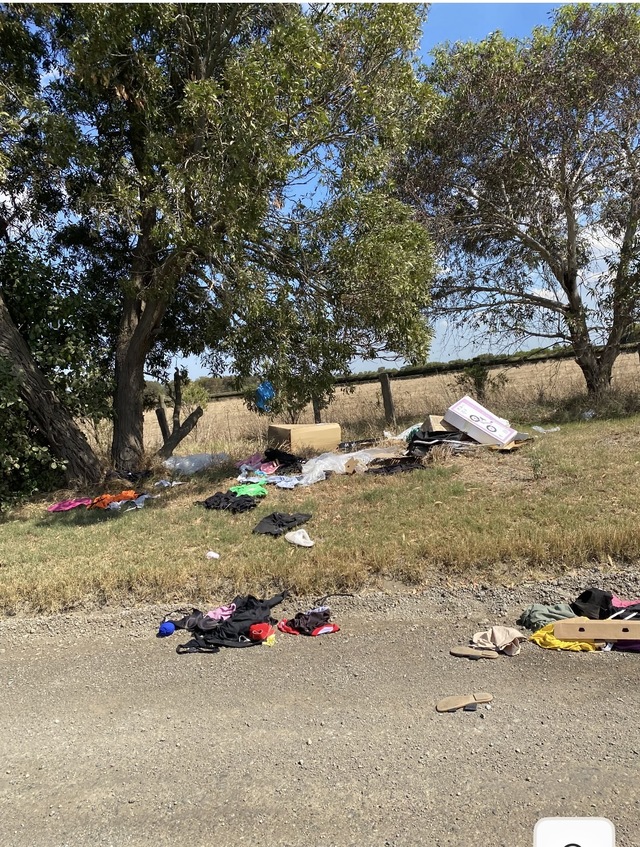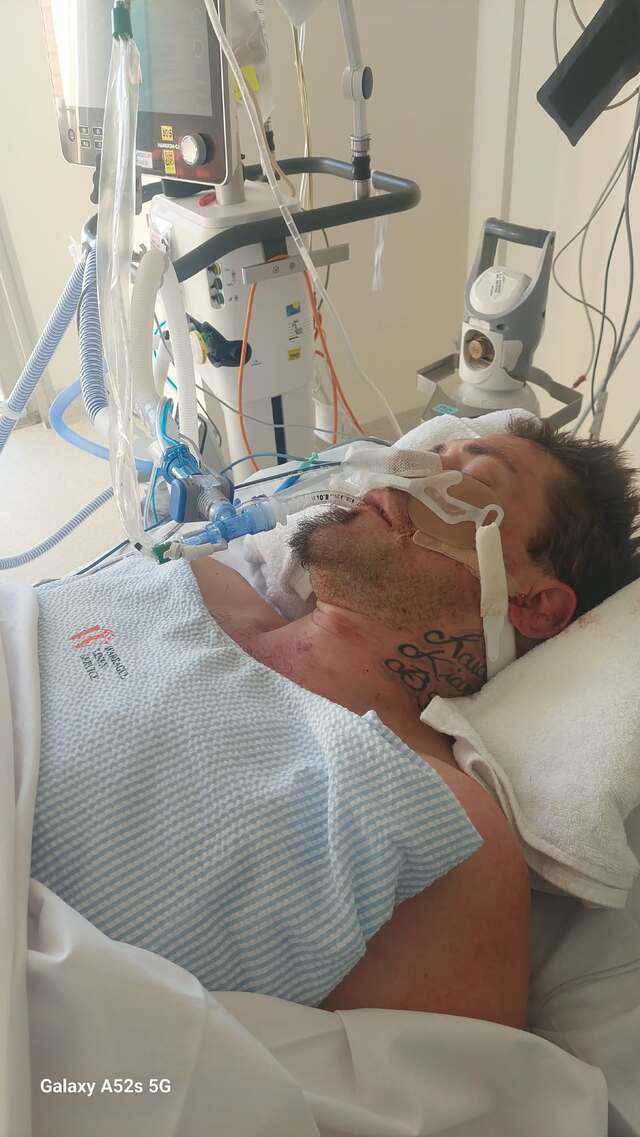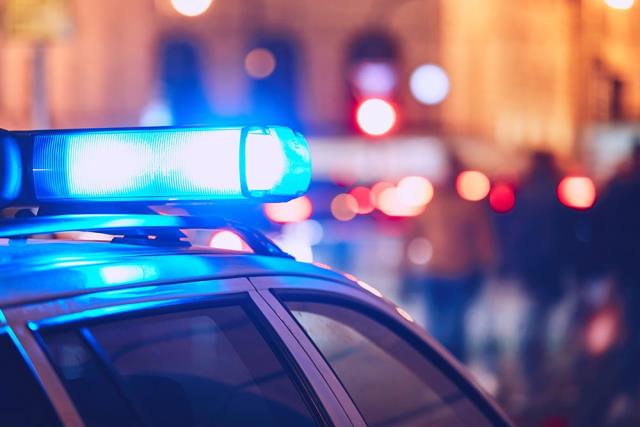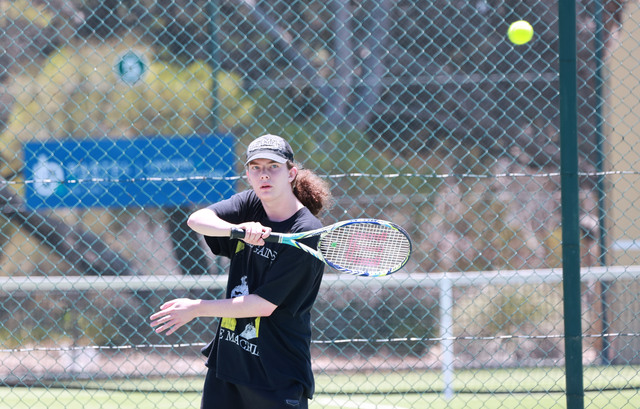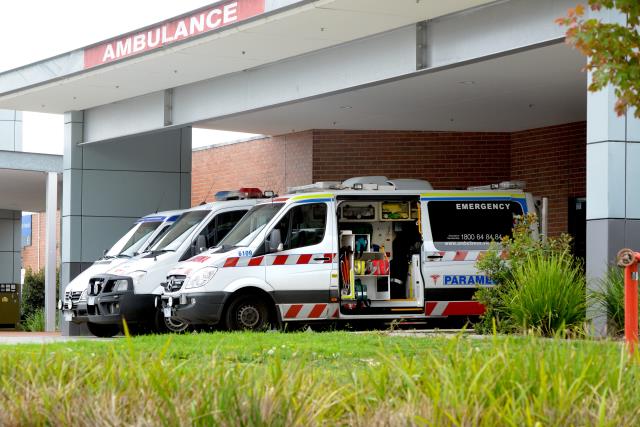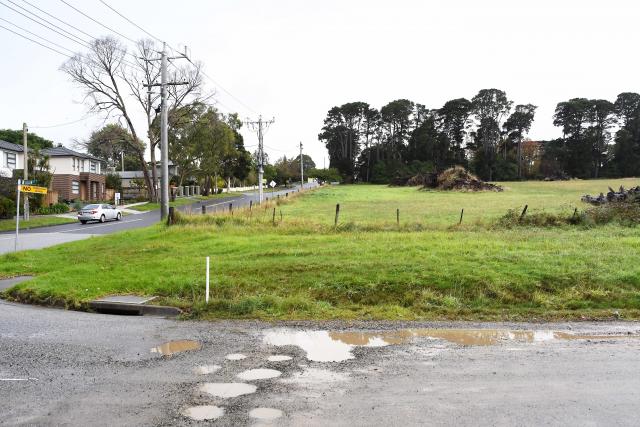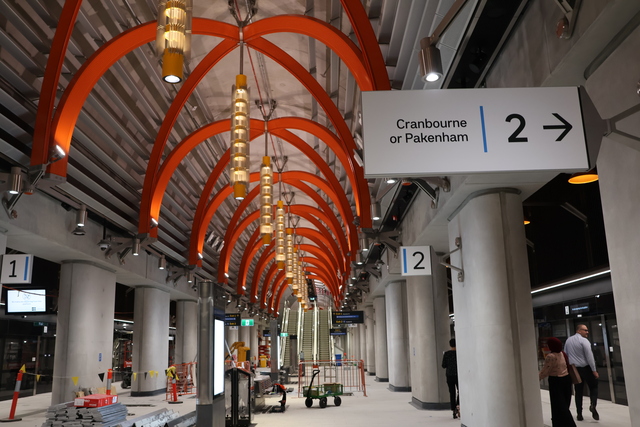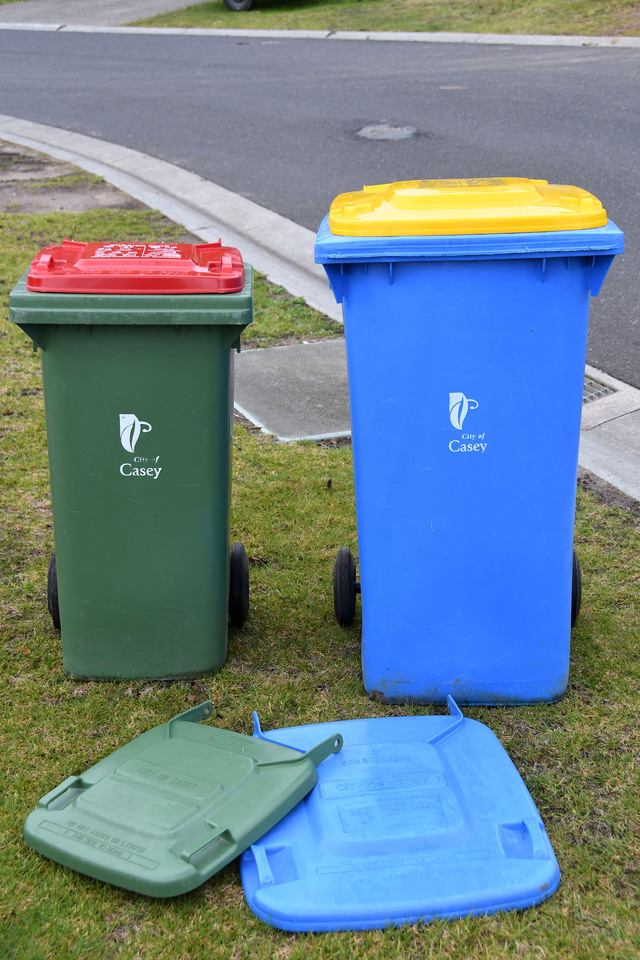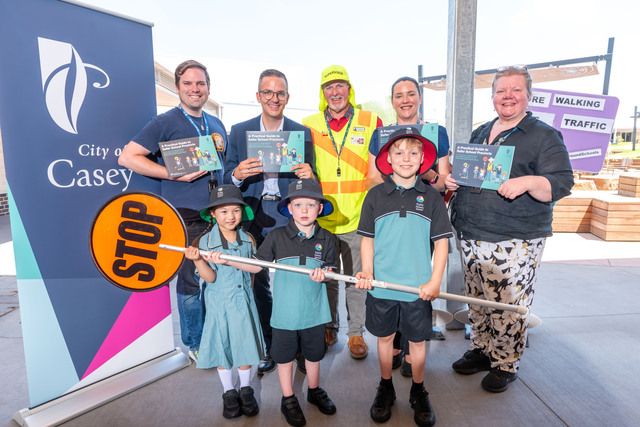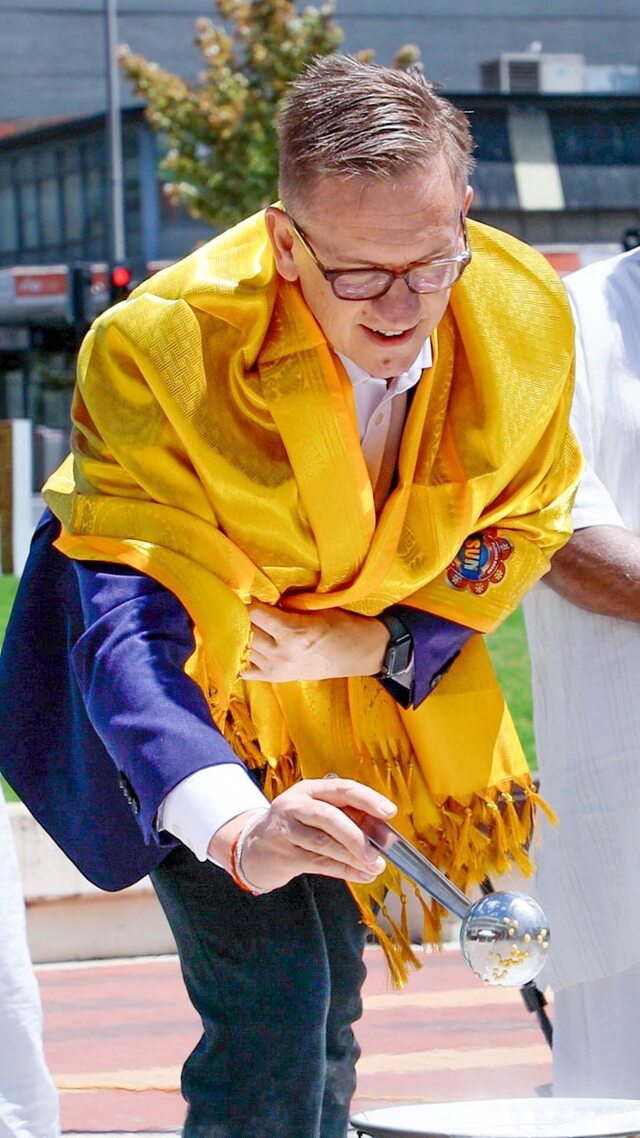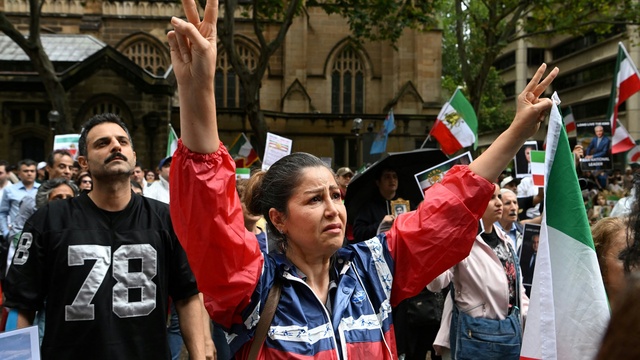Victorians planning a camping or hiking getaway in the coming weeks are reminded by Ambulance Victoria (AV) paramedics to be prepared to avoid needing an emergency response.
The warmer weather and school holidays mean many will be dusting off the camping gear or stepping into hiking boots for the first time in months, and AV manager Emergency Management Ian Hunt said it’s important people do these activities within their abilities and take preparation seriously.
“Before you hit the road, ask yourself if you’ve prepared for if something goes wrong,” he said.
“Consider learning basic first aid and CPR as emergencies can happen anywhere and at any time.
“There are many parks and remote bushland locations across Victoria where people can enjoy hiking, mountain bike riding, 4WDing or camping, but we want people to be safe.”
He said checking the weather and being prepared for conditions to change is vital if you’re spending time in remote or unfamiliar locations.
“It’s easy to become lost or disorientated in remote bushland, especially in unpredictable weather conditions,” Ian said.
“Make sure you’re dressed appropriately for the conditions and bring enough water, food, matches, a torch and sunscreen with you.
“For hikers, be sure to consider the 10 essentials – navigation, light, sun protection, first aid, knife, fire, shelter, food, water and clothing.”
Always tell someone where you’re going and when you plan to return, and if you’re with someone use the ‘buddy system’ to check each other for warning signs of hypothermia or heatstroke.
It can be difficult to recognise your own symptoms of hypothermia or heatstroke.
Ian said emergencies can happen any time and particularly in remote or unfamiliar environments, so be sure to familiarise yourself with the resources you may need to call Triple Zero (000).
“Anyone travelling to a remote location should download the EmergencyPlus app, which uses your phone’s GPS function to provide location details to the call taker,” he said.
“The app has the ‘What3Words’ function which works offline so it can be used in remote areas with poor data connection and can confirm your exact location quickly and accurately using three words.
“You may also consider a Personal Locator Beacon (PLB) which, when activated, sends an emergency signal via satellite to emergency services.”
Download the VicEmergency app or visit www.emergency.vic.gov.au to be notified of incidents and warnings in your area.
Tips to stay safe outdoors:
Emergencies can happen anywhere and at any time, so consider learning first aid and CPR.
Be prepared for weather conditions to change and dress appropriately.
Tell someone where you’re going and when you plan to return.
Bring enough water and food, and anything else you need to stay safe such as matches, a torch and sunscreen.
Be aware that depending on conditions, there is a risk of hypothermia and heatstroke.
Download the EmergencyPlus app which has a built-in GPS function to help a caller provide call takers with location details. The What3Words location function works offline so it can be used in remote areas with poor data connections as well.
Consider bringing a Personal Locator Beacon (PLB) if you have one.
Download the VicEmergency app to be notified of incidents and warnings for your area.

